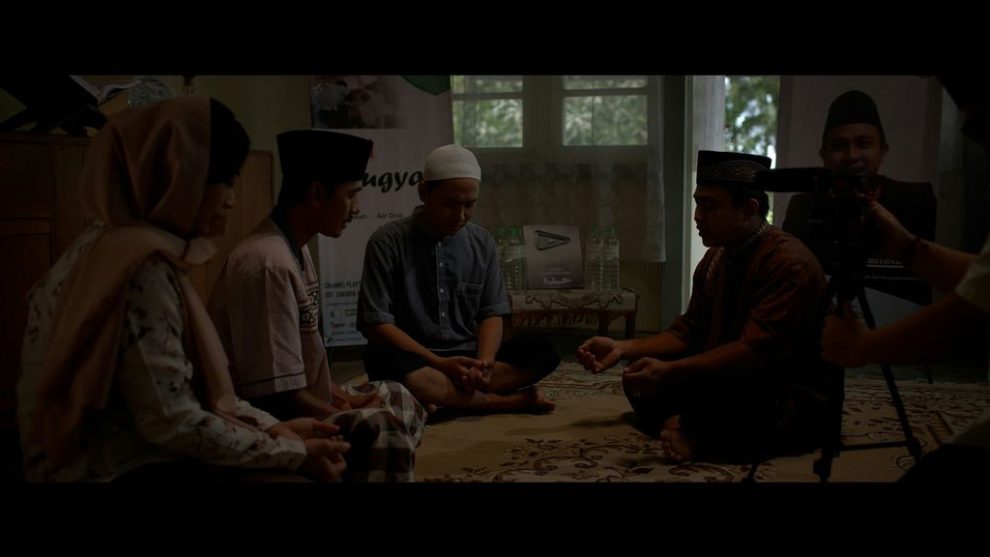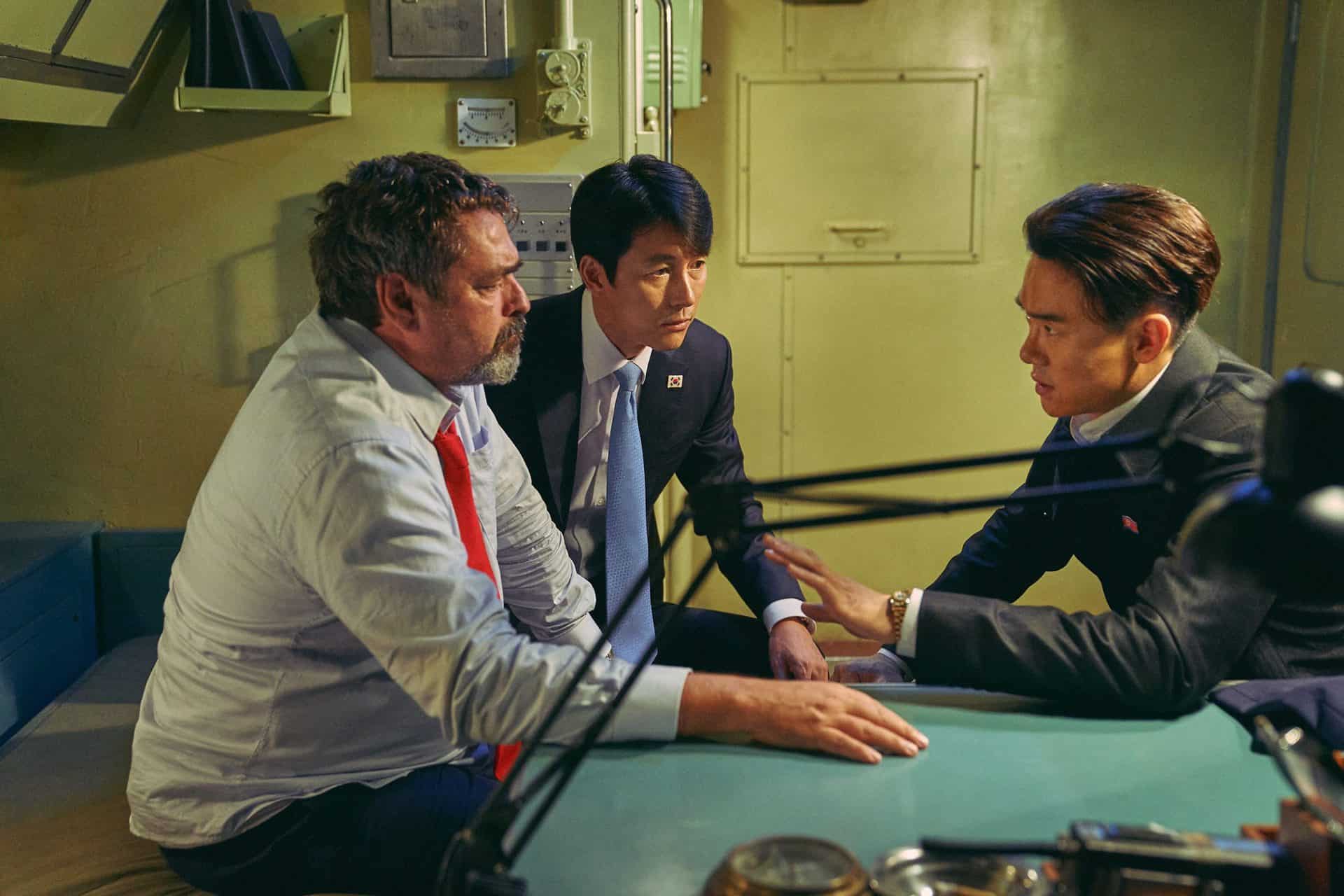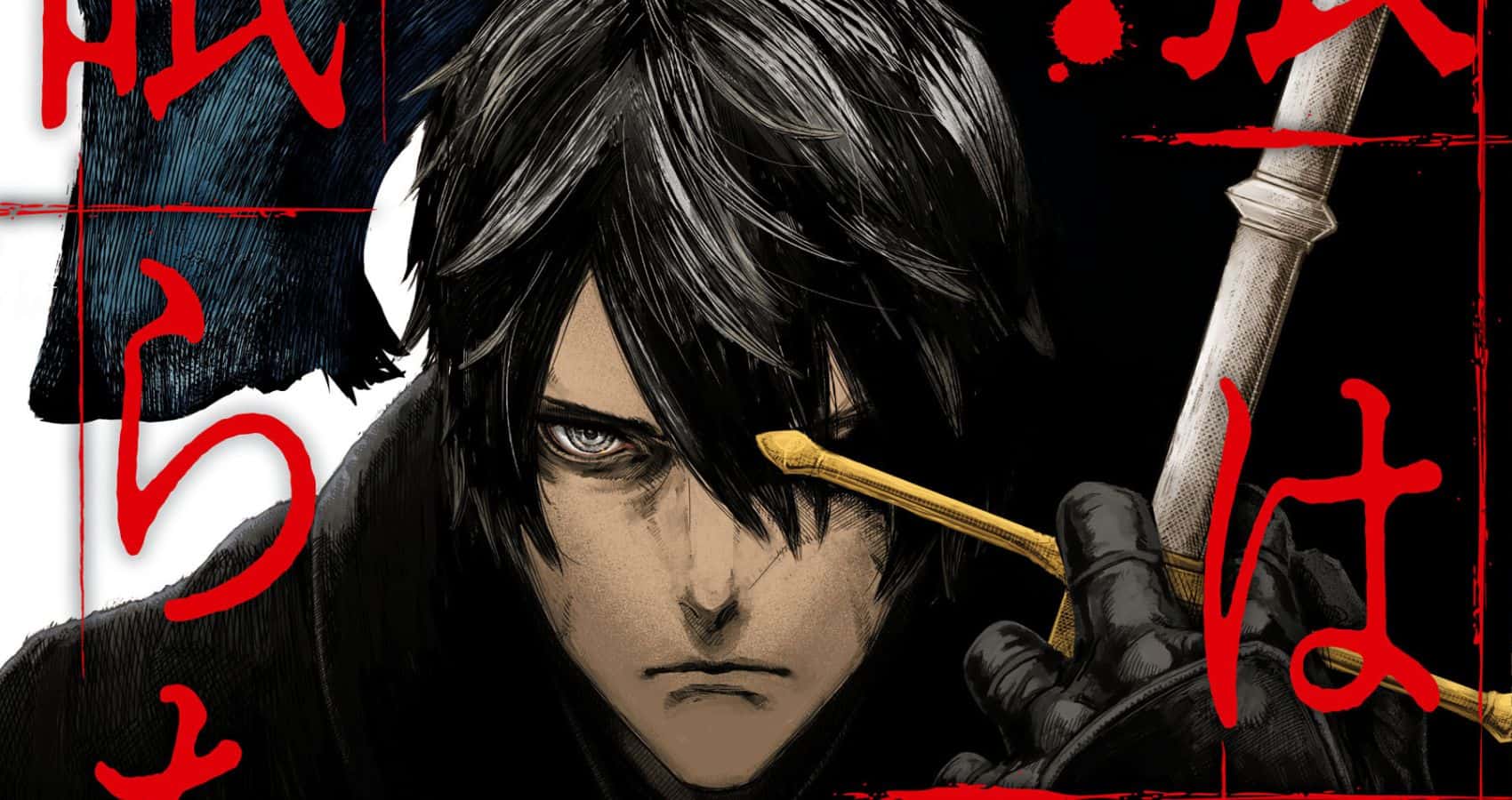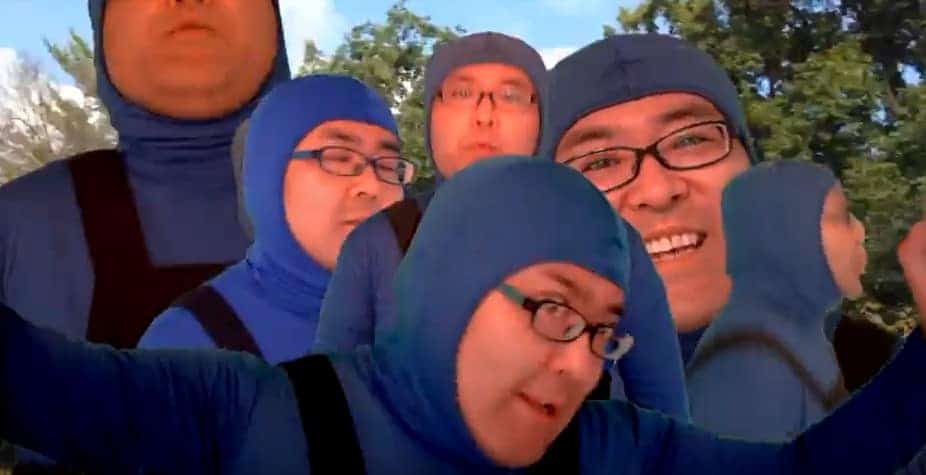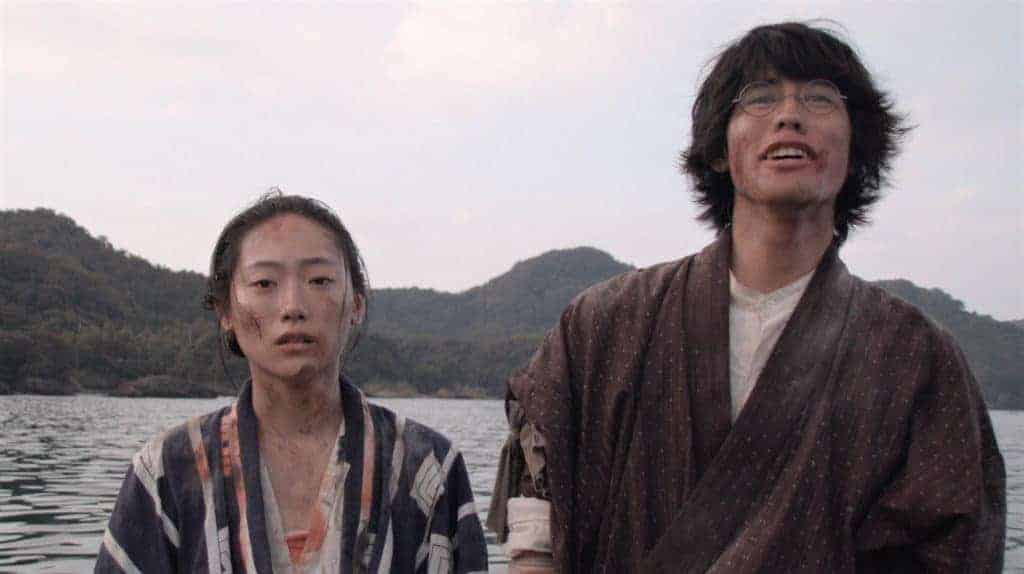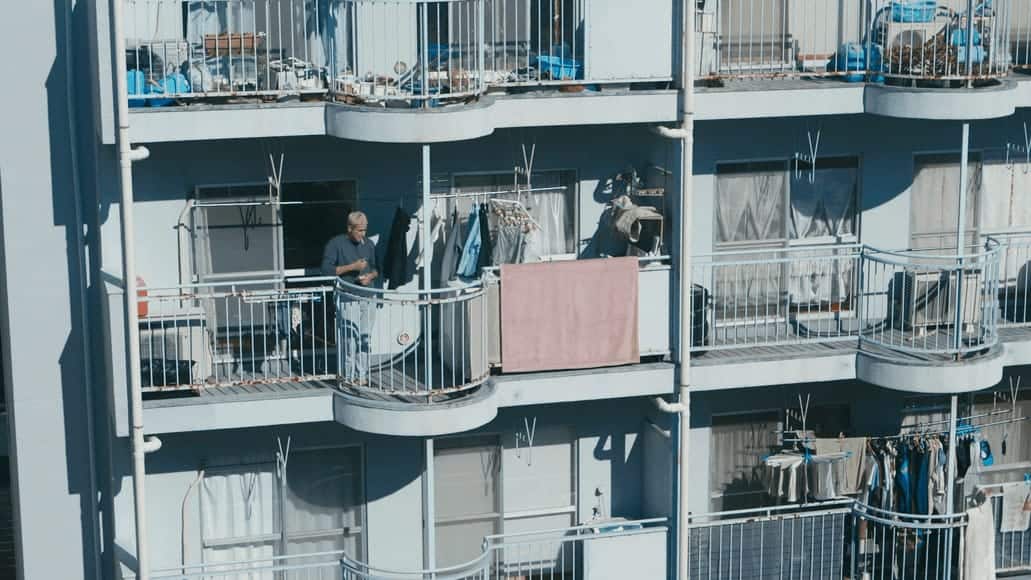The number of LGBTQI+ films has increased significantly during the last decade, with festivals around the world providing a much needed platform for the particular theme to be presented to the audiences. M. Reza Fahriyansyah gives us a rather unique perspective to the concept of homosexuality in Indonesia, by including elements of dancing and humor, while making a series of pointed comments.
“Dancing Colors” screened in Locarno Film Festival
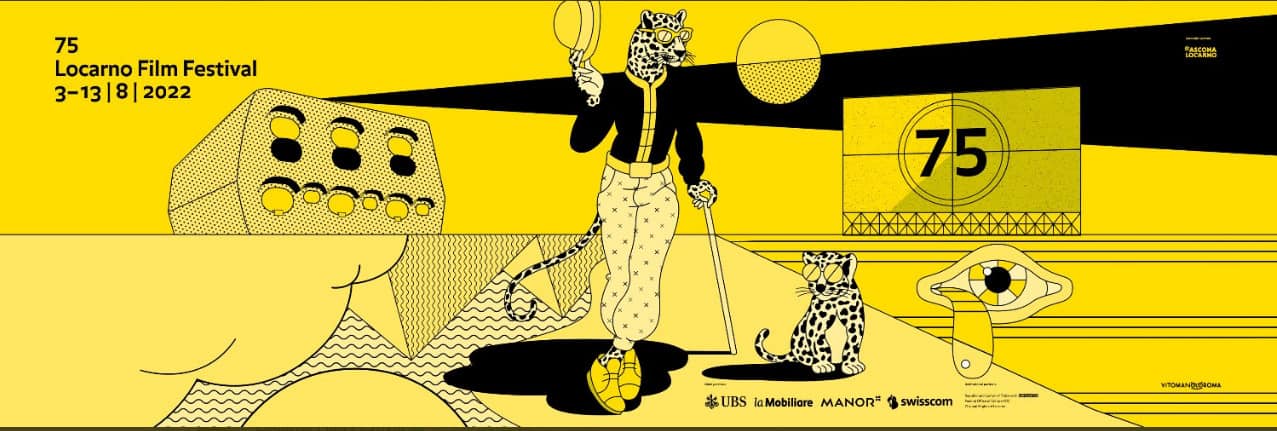
Dika is a homosexual young boy, who can only channel his will to dance hiding in the bathroom during the nights, in secret from his father, who has actually arranged for Ustadz Zakaria to remove the djinn that has been causing his son “not to be normal”. As the movie begins, Dika asks his mother if they can cancel the “exorcism” but her plights towards her husband a bit later, during dinner, have no impact. Eventually, the rather sure of himself Zakaria arrives, and is in a hurry since he has to exorcise another djinn after Dika's. As the ceremony begins with Ustadz reciting verses from Al-Fatihah, Dika decides to play along, finally feeling free to express himself through dancing in front of his parents in the most intense fashion, with the people around him thinking that his movements are actually a result of the djinn leaving his body.
Fahriyansyah directs a film that follows a “blasphemous” approach, as he seems to mock a number of concepts that are considered holy in Islamic societies. The Ustadz and his ways get the biggest share of this mocking, but the director also comments on disidemony, highlighting the fact that there are still people that consider homosexuality an ailment that can be cured, and patriarchy, with the way the father dismisses his wife's pleas and does not even talk to his son regarding his decision about him highlighting the remark quite intensely.
Dika's reaction, however, is where the movie truly thrives, with his actions during the exorcism being a big “f**k you” to all the aforementioned concepts, in the most delightful fashion. At the same time, the sequence is the most audiovisually impressive in the whole short, with Fahrul “Ayunki” Tri Hikmawan's cinematography, Helmi Nur Rasyid's editing, Prima Setiawan's music and Dima Juju's acting (and dancing) coming together in the best fashion. The 15-minute short is actually quite accomplished in all the aforementioned factors, with the framing and the coloring being top notch, as much as the lighting, which finds its apogee in the initial, “neon” scene. Lastly, the finale cements the whole point of the short in the most hilarious fashion.
“Dancing Colors” is an excellent short that manages to deal with a series of important concepts through humor and cheerfulness, resulting in a rather rewarding movie on a number of levels.


